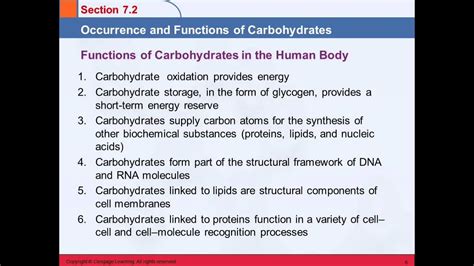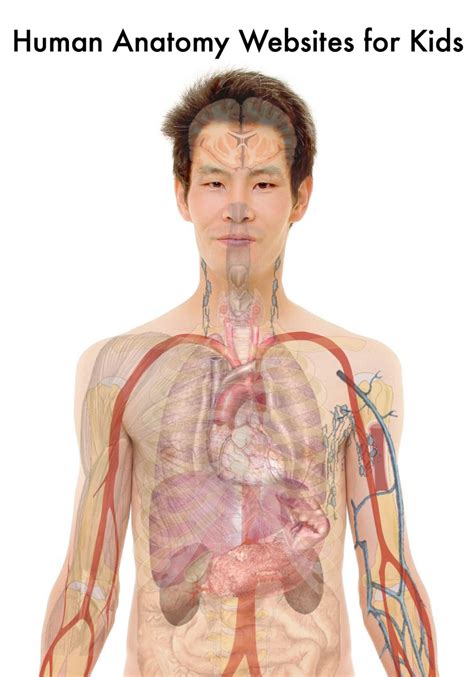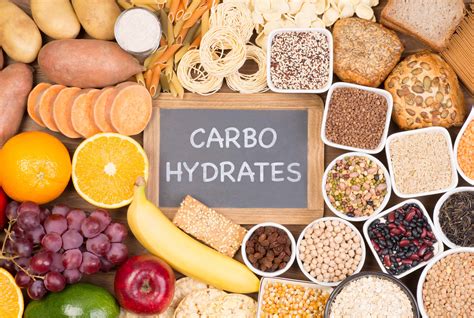What is the main function of carbohydrates in the human body?

Carbohydrates: The Body’s Primary Fuel Source
Carbohydrates are one of the three macronutrients—alongside proteins and fats—essential for human survival. Often misunderstood and sometimes unfairly maligned in popular culture, their primary and most critical role in the human body is to provide energy.
From the simplest daily activities like breathing and thinking to strenuous physical exertion, every cell in our body requires energy, and carbohydrates are the most efficient and readily available source.
The Core Function: Energy Production
When we consume carbohydrates, our digestive system breaks them down into their simplest form: glucose. Glucose is a simple sugar that is then absorbed into the bloodstream. Once in the bloodstream, glucose travels to cells throughout the body, where it is used as fuel. This process involves a series of complex biochemical reactions known as cellular respiration, which ultimately generates adenosine triphosphate (ATP), the body’s main energy currency.

Excess glucose that isn’t immediately needed for energy can be stored in the liver and muscles as glycogen. Glycogen acts as a reserve energy source, readily available when blood glucose levels drop or during periods of high energy demand, such as exercise. The body has a limited capacity to store glycogen, and once these stores are full, any remaining excess glucose is converted into fat for long-term energy storage.
Types of Carbohydrates and Their Impact
Carbohydrates are broadly categorized into simple and complex forms. Simple carbohydrates, found in sugars, fruits, and milk, are quickly digested and provide a rapid surge of glucose. While they offer quick energy, excessive consumption of refined simple sugars can lead to blood sugar spikes and subsequent crashes.
Complex carbohydrates, found in whole grains, legumes, and starchy vegetables, are made up of longer chains of sugar molecules. They take longer to digest, providing a more sustained release of glucose into the bloodstream, which helps maintain stable energy levels and promotes satiety.

Beyond Energy: Other Vital Roles
While energy provision is paramount, carbohydrates perform other crucial functions:
- Brain Function: The brain relies almost exclusively on glucose for energy. A consistent supply of glucose is vital for cognitive functions, concentration, and mood regulation.
- Protein Sparing: Adequate carbohydrate intake ensures that proteins are not used for energy, allowing them to fulfill their primary roles in building and repairing tissues, producing enzymes, and supporting immune function.
- Digestive Health (Fiber): Dietary fiber, a type of complex carbohydrate, is indigestible by the human body but plays a critical role in digestive health. It aids in maintaining bowel regularity, preventing constipation, and supporting a healthy gut microbiome. Soluble fiber can also help lower cholesterol levels and regulate blood sugar.

The Importance of Balanced Carbohydrate Intake
Given their central role in energy provision and other essential bodily functions, it’s clear that carbohydrates are indispensable. The key lies in choosing the right types of carbohydrates and consuming them in appropriate amounts.
Prioritizing nutrient-dense, complex carbohydrates like whole grains, fruits, vegetables, and legumes ensures a steady energy supply and provides essential vitamins, minerals, and fiber. Limiting refined sugars and highly processed carbohydrate foods helps prevent energy crashes and supports overall health.

Conclusion
In summary, the main function of carbohydrates in the human body is to serve as the primary and most readily available source of energy. They fuel our cells, power our brains, and enable all physical activities. Beyond energy, carbohydrates, particularly in the form of fiber, are vital for digestive health and help spare protein for its critical structural and functional roles. Understanding their importance and making informed dietary choices is fundamental to maintaining optimal health and vitality.









